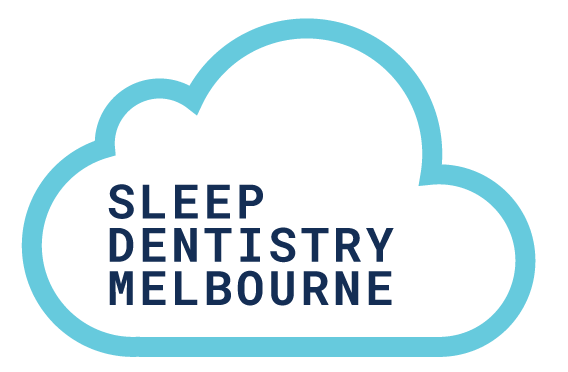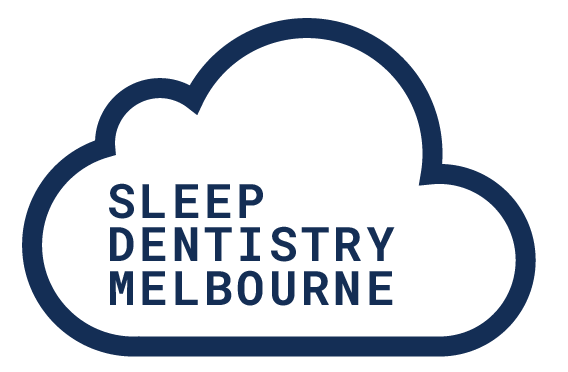Most people don’t feel like throwing a party when it’s time to go to the dentist. However, many people look forward to it because they know how much better their mouths will feel, and that they’re preventing problems and are contributing to their long term oral health. Then there are people with real and legitimate dental anxiety.
What Is Dental Anxiety?
People with dental anxiety report having a great sense of uneasiness when thinking about an upcoming dental appointment. This dread is made worse by exaggerated worries or disproportionate fear. Unfortunately, this anxiety prevents people from making regular visits to the dentist, which leads to bigger problems.
Lacking a good professional cleaning routine makes it more likely they’ll develop severe issues that can lead to long and complex dental visits. And so begins the vicious cycle of dental anxiety.
Understanding the Causes of Dental Anxiety
Dentists are highly educated, extremely skilled professionals who have dedicated their careers to the health of their patients—so why the anxiety? Like most situational anxieties, it’s not necessarily the dentist that is feared, but what the patient associates with going to the dentist.
Fear of pain: If someone had an early traumatic dental experience or listened to one too many “horror” stories, they might develop an anxiety issue related to anticipated pain. Given the advancements in dentistry, most procedures involve very little, if any pain.
Fear of injections: This stems from a general fear of needles. The other worry is that for some reason the anaesthetic won’t work.
Fear of being helpless: This is often the same reason people are afraid to fly; they don’t like the lack of control. They feel helpless sitting in the dentist’s chair and not being able to communicate clearly.
Personal space: some people are very uncomfortable in such close proximity to another person; others may be embarrassed by having someone that close to their mouths.
Managing Your Dental Anxiety
The first step is always acknowledging your anxiety and reminding yourself it’s ok to be afraid. We’ve got great coping strategies that will have you on your way to great oral health in no time.
Communicate with Your Dentist
Be open about your fears. They’re professionals and have been trained to understand this kind of anxiety. Many dentists will adopt a ‘tell-show-do” approach. They tell you what’s about to happen, show you the instruments they’ll be using and then follow through on what they’ve just explained. This builds trust and avoids you feeling unpleasantly surprised during your visit.
You can also give hand signals telling them you need a break. Knowing you can pause to take a few deep breaths gives you back some control.
Distract Yourself
Ask ahead of time if you can wear earbuds while you’re in the dentist’s chair. Listening to your own music can drown out some of the less soothing sounds of dental instruments. Many dental clinics are equipped with TVs and other entertainment options to grab your attention. Focusing on visual or audio stimuli can help you feel much more relaxed.
Choosing Sleep Dentistry
If you’ve tried these techniques and aren’t feeling relief from your anxiety, or you just want more assistance, talk to your dentist about sleep dentistry. Also called sedation dentistry, this method allows patients to feel very calm, relaxed and even unaware of the treatment being performed.
You won’t feel any pain, and when the treatment is over, you won’t have any memory of it being performed. This is available for an array of dental treatments, so just talk to your dentist about whether sleep dentistry is right for you.
Having dental anxiety is nothing to be ashamed of. In fact, we think being afraid and doing it anyway is braver than having never been afraid at all. If you are interested, contact us at 1300 255 600.

